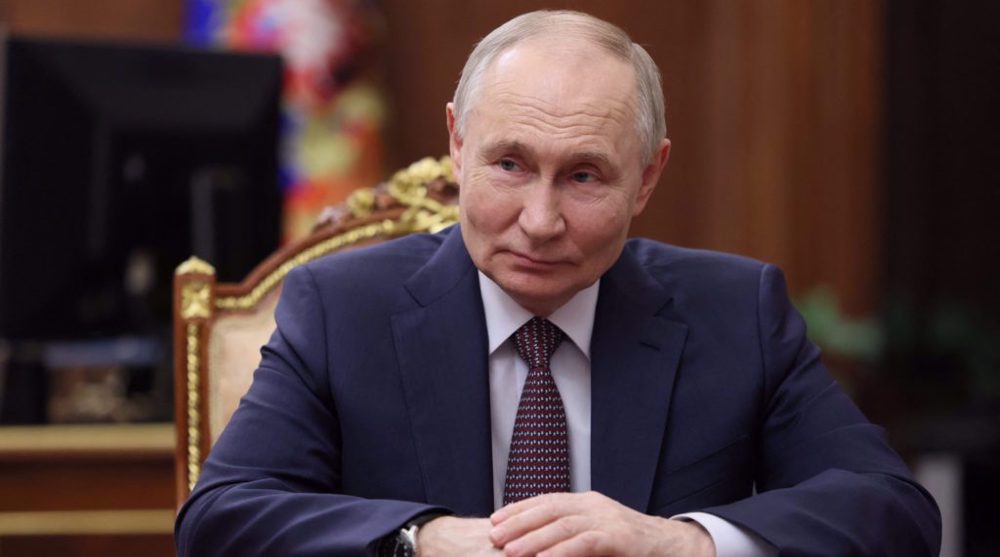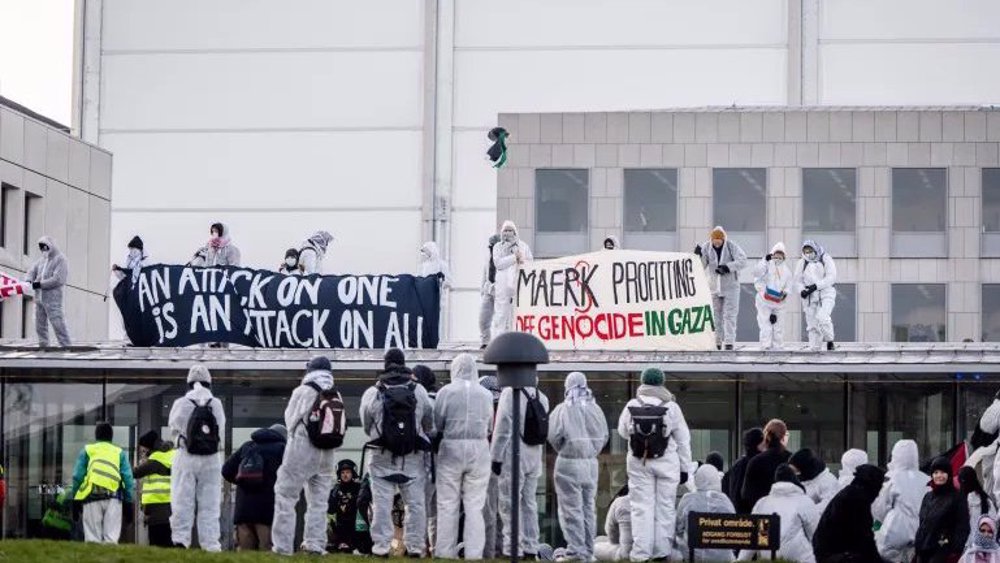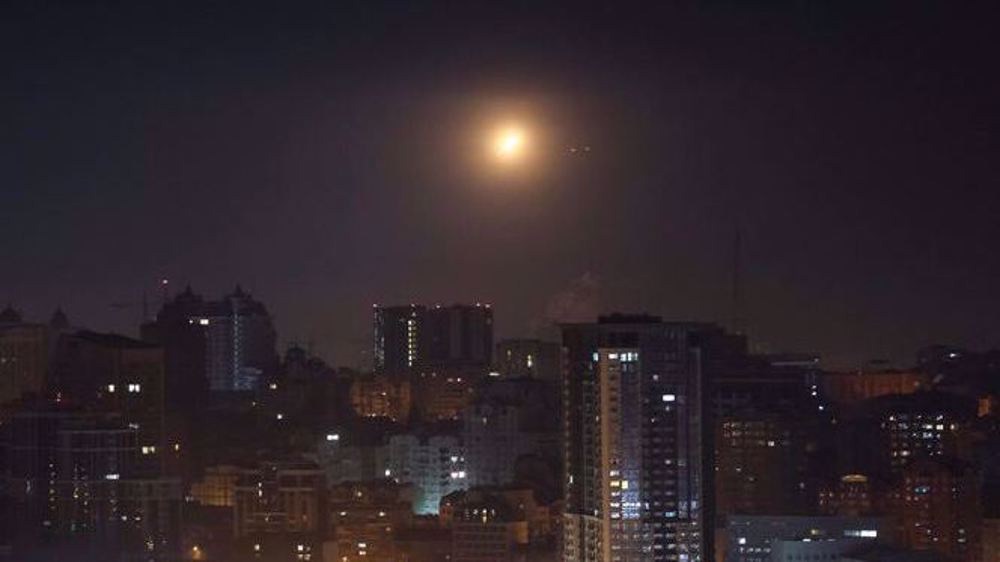Serbs heading to polls to elect new president
Serbians are heading to the polls to elect a new president, with strongman Aleksandar Vucic hoping to tighten his grip on power amid opposition accusations that he is shifting the country to authoritarian rule.
Vucic, the 47-year-old current prime minister, is hoping to clinch more than 50 percent of the ballot in the Sunday election, and win a five-year mandate as president outright.
Most surveys tip Vucic for an easy victory in the face of a divided opposition. But if he fails to win a majority in the first round, a runoff vote will be held on April 16.
The post of president has largely been ceremonial in recent times, but analysts believe it would be a much more influential position if occupied by Vucic.
Vucic has touted economic success since becoming prime minister in 2014, achieving a growth of 2.8 percent last year and cleaning up public finances.
But the average Serbian earns a mere 330 euros (355 dollars) per month while unemployment is running above 15 percent.
The opposition has been unable to field a single candidate to run against him, so Vucic faces a wide range of challengers.
There are 10 opposition candidates bidding for the presidency, including former ombudsman Sasa Jankovic, ex-foreign minister Vuk Jeremic and ultranationalist Vojislav Seselj.
And shaking up the race is Luka Maksimovic.
Using the fictional name of Ljubisa Preletacevic — nicknamed “Beli” (White) — he could even come second in the race behind Vucic, some analysts say.
Opposition candidates have presented the vote as a referendum on Vucic, whom they accuse of trying to consolidate power for himself.

Seselj argues that, “All power should not be concentrated in the hands of a single man, Aleksandar Vucic.”
Vucic has run a typically aggressive campaign, with a video showing a plane marked “Serbia 2017” about to crash for a lack of leadership. He has accused opponents of receiving “millions of euros (from) certain foreign countries,” without offering specifics.
The opposition fears electoral fraud, particularly in Albanian-dominated Kosovo, where some 120,000 Serbs live.
Some 6.7 million eligible voters can cast their ballots from 7:00 (0500 GMT) to 20:00. The first results are expected before midnight.
(Source: AFP)

Putin says not opposed to Europeans’ involvement in Ukraine talks

Danish police arrest 20 people protesting to stop military shipment to Israel

Russia launches ‘record’ strikes on Ukraine: Kiev
Israel’s massacres won’t grant it ‘legitimacy’: Hamas on 31st anniversary of Ibrahimi Mosque tragedy
French leader decries ‘unprecedented diplomatic scandal’ after Israel bars European MPs
VIDEO | Washington’s failed projects
VIDEO | Islamabad exhibition exposes Israeli atrocities in Gaza
Trump rescinds arms sales regulation in favor of Israel, sources say
Iran’s president vows to accelerate cooperation with Russia
Palestinian says Israeli jailers poured acid on him during interrogation
Iran, Turkmenistan seek increased cargo transit via railways











 This makes it easy to access the Press TV website
This makes it easy to access the Press TV website